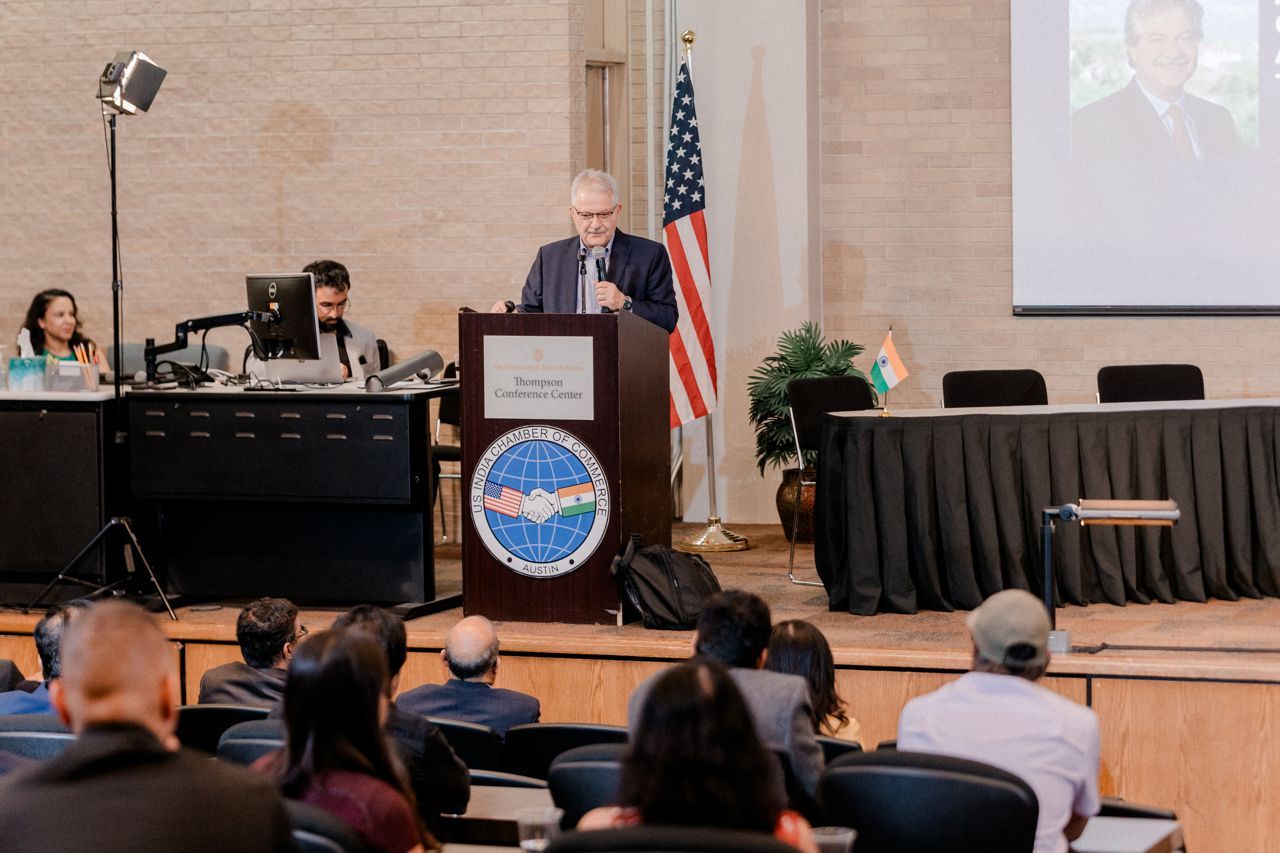Tim Shea
Special Contributor
Ahhh, 2018. We made it. And while the future promised by Rollerball hasn’t quite come about (much to our chagrin), it seems doubtful that the coming year will be a boring one. This is especially true for the economy. So, to start the year off right, we’ll be taking a quick look at some of the key stories we’ll be following in 2018.
Tax Reform
Politically speaking, the GOP tax plan was the last great spasm of 2017. Economically, however, this story is all 2018. Even though the full effects of the law will not be felt for years to come, the next 12 months should be enough to paint the picture of either a vindicated GOP or a policy flop. Will repatriation provisions spur a return of overseas wealth? Will a reformed tax landscape fuel continued growth in an economy nearing its full potential? Will that growth be enough to offset a skyrocketing deficit? And how will economic gains translate into tangible progress for the everyman? As the Trump administration’s only notable legislative accomplishment in 2017, the new tax code will not only shape the U.S. economy, but will also affect the future political landscape, a one-two punch that makes it our first must-follow story in 2018.
Healthcare
The U.S. healthcare industry has always been a hot-button topic in economic news, and doubly so in the almost-decade that has passed since the Affordable Care Act became law. Thus, with the GOP tax plan rolling back one of the ACA’s key provisions—the individual mandate—2018 could be a watershed year in the ongoing healthcare debate. It’s important to note that the mandate will still be in place until next year, and that opting not to buy health insurance is a far cry from losing health insurance. Still, the coming change has important implications for the insurance market, and could even mark the beginning of the much-dreaded death spiral. We’ll be taking a close look at summertime coverage announcements to get a glimpse of what the future has in store for the embattled marketplaces.
Sanctions, Sanctions, Sanctions
Russia. Iran. North Korea. It seems that hardly a day goes by without the U.S. government (or the UN) slapping sanctions on one country or another. But, as increased nuclear proliferation shuts the door on viable military interventions, such economic “warfare” might be the only practical option left for dealing with bad actors. There is already strong evidence that economic hardship is undermining North Korea’s military readiness, and a strong case could be made that economic forces represent the best vehicle for undermining the rogue Kim regime. Whether the increased economic pressure will bear fruit, or indeed if it can even be maintained, 2018 will reveal a lot about the efficacy of sanctions in an increasingly global economy.
Self-Driving Cars
Of all the economic growth and disruption implicit in technological progress, perhaps the most tangible and wide-sweeping is that promised by self-driving vehicles. The potential impact—in both money and lives—is massive. Like $7 trillion and half a million lives massive. Of course, the self-driving revolution will also mean the death of dozens of professions as we know them. The good news is that the economy still has time to prepare; it’s somewhat uncertain when the autonomous vehicles will truly take over the roads. What is certain that, with dozens of companies now in the race to perfect self-driving technology, 2018 will bring some exciting progress in this must-watch industry.
The Mid-Terms
Because of course we are. Given how closely the U.S. economy is tied to the Federal government, it’d be irresponsible not to keep a pulse on our nation’s politics. Right? Besides, we’ve always been suckers for drama, and, if nothing else, 2018 should be chock-full of some good electoral drama.














